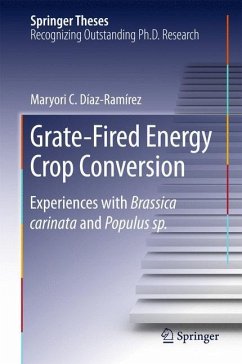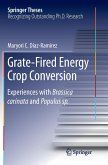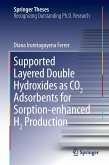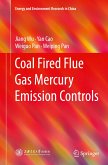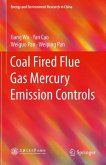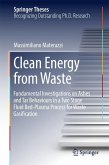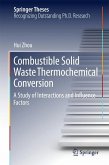This book provides important insights into the combustion behavior of novel energy crops and agricultural fuels. It describes a new experimental approach to combustion evaluation, involving fundamental, bench-scale and commercial-scale studies. The studies presented were conducted on two representative biomass energy crops: a woody biomass poplar (Populus sp. or poplar) and an herbaceous biomass brassica (Brassica carinata or brassica). Moreover, agricultural residues of Manihot esculenta or cassava were also analyzed. The main accomplishments of this work are threefold. Firstly, it offers an extensive characterization of the above-mentioned fuels, their ash chemistry and their emissions of both solid particles and gaseous compounds that form at typical grate combustion conditions. Secondly, it presents an in-depth analysis of ash fractionation processes for major ash species. Thirdly, it describes the role of some critical and volatile key elements (K, Cl, S and P) in grate-fired combustion systems and elucidates the main di erences in the ash chemistry during combustion of Si-rich and P-rich fuels. All in all, this work provides novel insights on the basic and fundamental mechanisms of biomass grate combustion with a special focus on ash transformation and highlights important issues and recommendations that need to be considered for an appropriate conversion of ash-rich fuels and for the development of future technology in the context of both small- and medium-scale biomass-based heat and power production.
Bitte wählen Sie Ihr Anliegen aus.
Rechnungen
Retourenschein anfordern
Bestellstatus
Storno

